What is Anti Freeze Coolant?
Anti freeze coolant is a vital fluid for your vehicle’s engine. It helps regulate engine temperature and prevents overheating or freezing. This liquid ensures the engine operates smoothly and avoids damage in extreme temperatures.
Composition and types of antifreeze coolants
Antifreeze coolant is a mixture of water and chemicals. The primary chemical used is either ethylene glycol or propylene glycol. Ethylene glycol is commonly used due to its effective temperature regulation. Propylene glycol is less toxic and more eco-friendly, but slightly less efficient.
There are several types of antifreeze. Universal coolants suit most vehicles and engines. Others are designed specifically for certain cars or engines, offering customized protection. Extended-life coolants last longer and provide better protection against rust and corrosion.
Some antifreeze coolants come pre-diluted with water, while others are concentrated. You need to mix concentrated antifreeze with distilled water before use. Always check your vehicle manual to choose the right type for your engine.
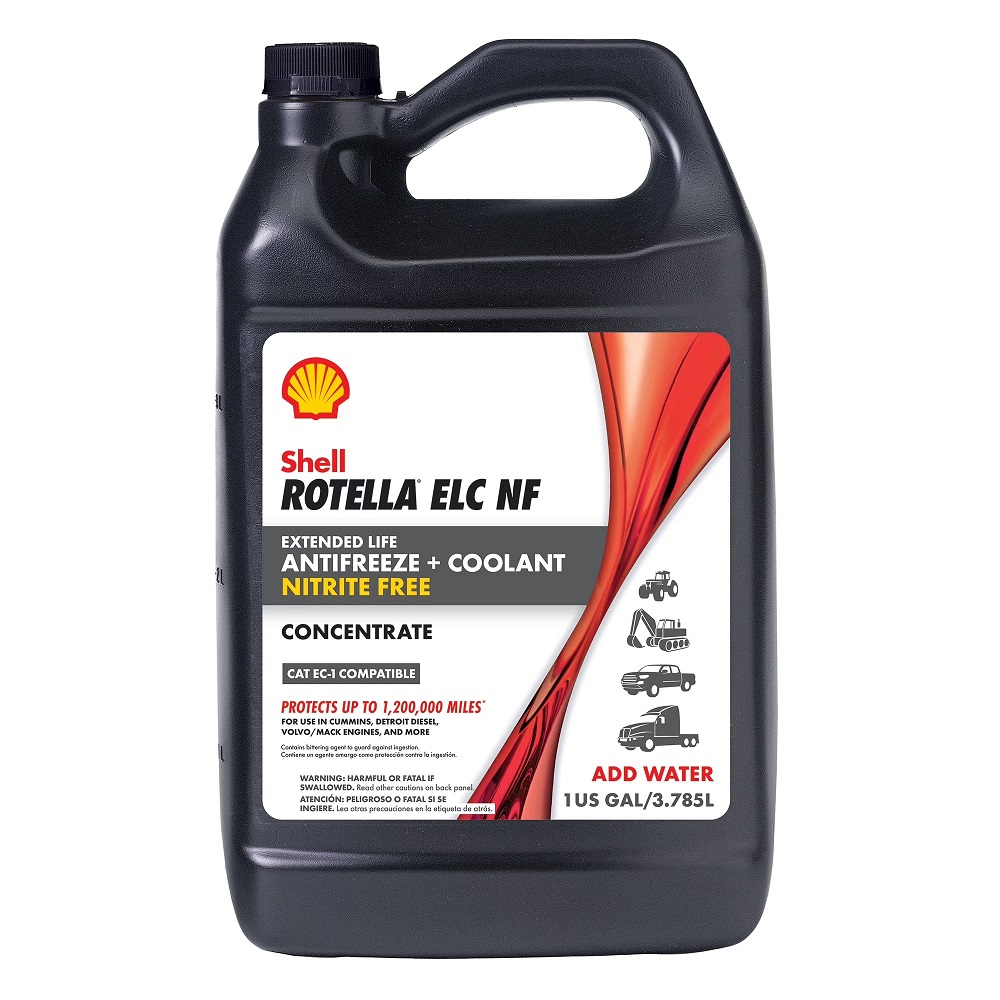
Differences between antifreeze and regular coolant
Antifreeze and regular coolant share similarities but serve different purposes. Regular coolant focuses on regulating engine temperature under normal conditions. It helps prevent overheating but offers limited protection against freezing.
Antifreeze coolant extends the benefits of regular coolant. It provides protection in extreme cold or heat. It also prevents engine components from corroding and reduces sediment buildup. Antifreeze coolant contains inhibitors to safeguard metal parts from rust and scale. This makes it more suitable for long-term car maintenance compared to regular coolant.
Importance of Using Anti Freeze Coolant
Using anti freeze coolant is crucial for engine health and overall vehicle performance. It plays multiple roles that ensure your engine operates efficiently and remains durable over time. Let’s explore its importance:
Role in preventing engine overheating
Anti freeze coolant helps maintain a stable engine temperature, even in extreme heat. It absorbs excess heat from the engine, preventing components from overheating. Overheating can cause severe damage, such as warped components or engine failure. By circulating through the engine, the coolant effectively dissipates heat to maintain optimal performance. This makes it especially important in hot climates or during long drives.
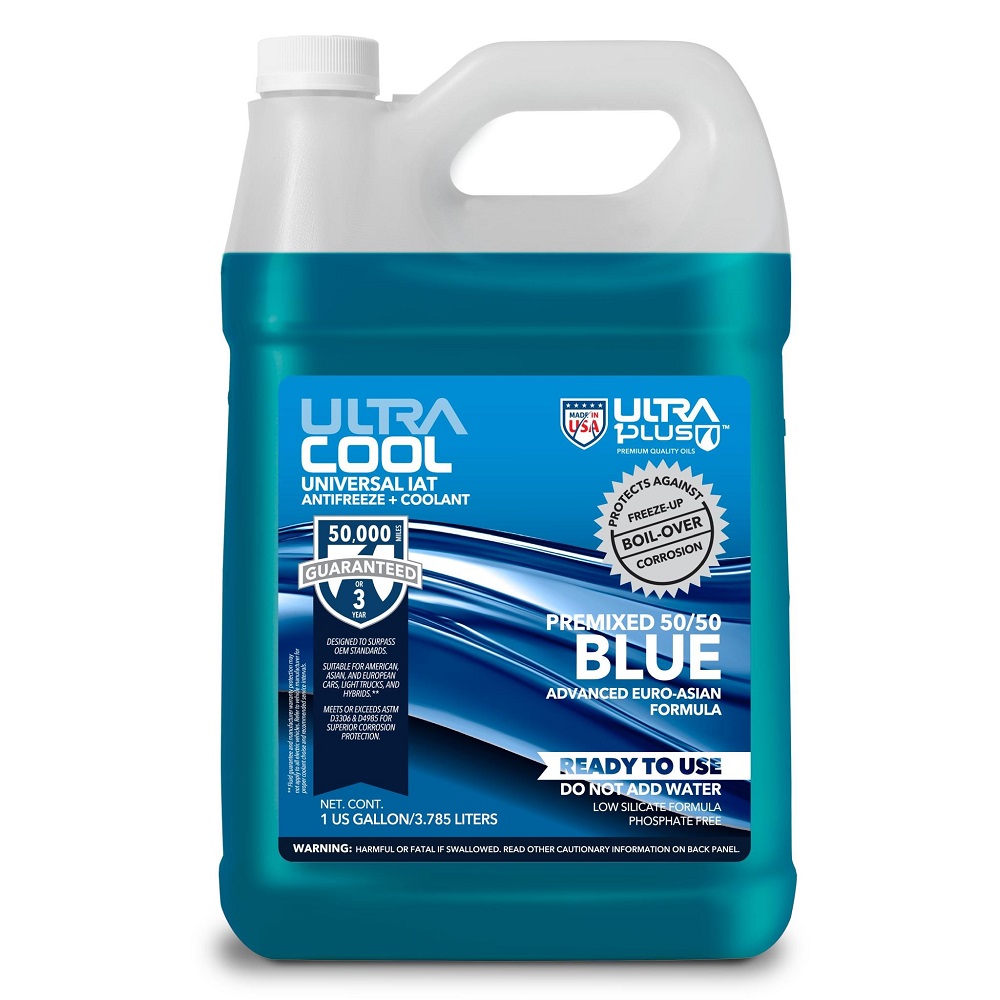
Protecting engine components from corrosion
Anti freeze coolant acts as a shield against rust and corrosion. It contains chemical additives that prevent oxidation in metal components. This is vital because rust can weaken engine parts and cause leaks or malfunctions over time. Additionally, the coolant helps prevent sediment buildup, keeping the engine clean. Regular use of high-quality anti freeze coolant extends the lifespan of the radiator and other engine components.
By incorporating anti freeze coolant in your regular vehicle maintenance, you safeguard the engine from overheating and corrosion. This ensures smooth performance and increases the durability of your vehicle, saving you costly repairs in the future.
How Anti Freeze Coolant Works
Anti freeze coolant plays a vital role in regulating your engine’s temperature. Understanding its workings can help ensure your vehicle stays in optimal condition.
Mechanisms of temperature regulation
Anti freeze coolant helps control your engine’s temperature effectively. It absorbs the heat generated by the engine and transfers it to the radiator. The coolant circulates between the engine and radiator, dissipating heat. This process prevents the engine from overheating during operation.
The coolant’s unique properties allow it to withstand extreme temperatures. It also prevents metal engine parts from expanding or contracting due to heat changes. This stabilizes the engine’s performance and protects it from damage.
Anti freeze coolant contains chemicals that enhance heat conductivity. These additives help maintain consistent and efficient heat transfer. Regular checks ensure the coolant level and quality remain sufficient for proper temperature regulation.
Preventing water from freezing and boiling
Pure water freezes at 32°F (0°C) and boils at 212°F (100°C). These limits make water unsuitable for engine cooling in extreme temperatures. Anti freeze coolant modifies these properties significantly.
The glycol content in the anti freeze lowers the freezing point and raises the boiling point of water. For instance, a typical 50/50 mix of glycol and water has a freezing point of around -34°F (-37°C). At the same time, it has a boiling point near 223°F (106°C).
This modification ensures your engine doesn’t freeze in cold winters or overheat in scorching summers. It also keeps the cooling system functioning smoothly in all weather conditions.
By understanding how anti freeze coolant works, you can better appreciate its importance. Regular maintenance and using the right type protect your engine throughout the year.
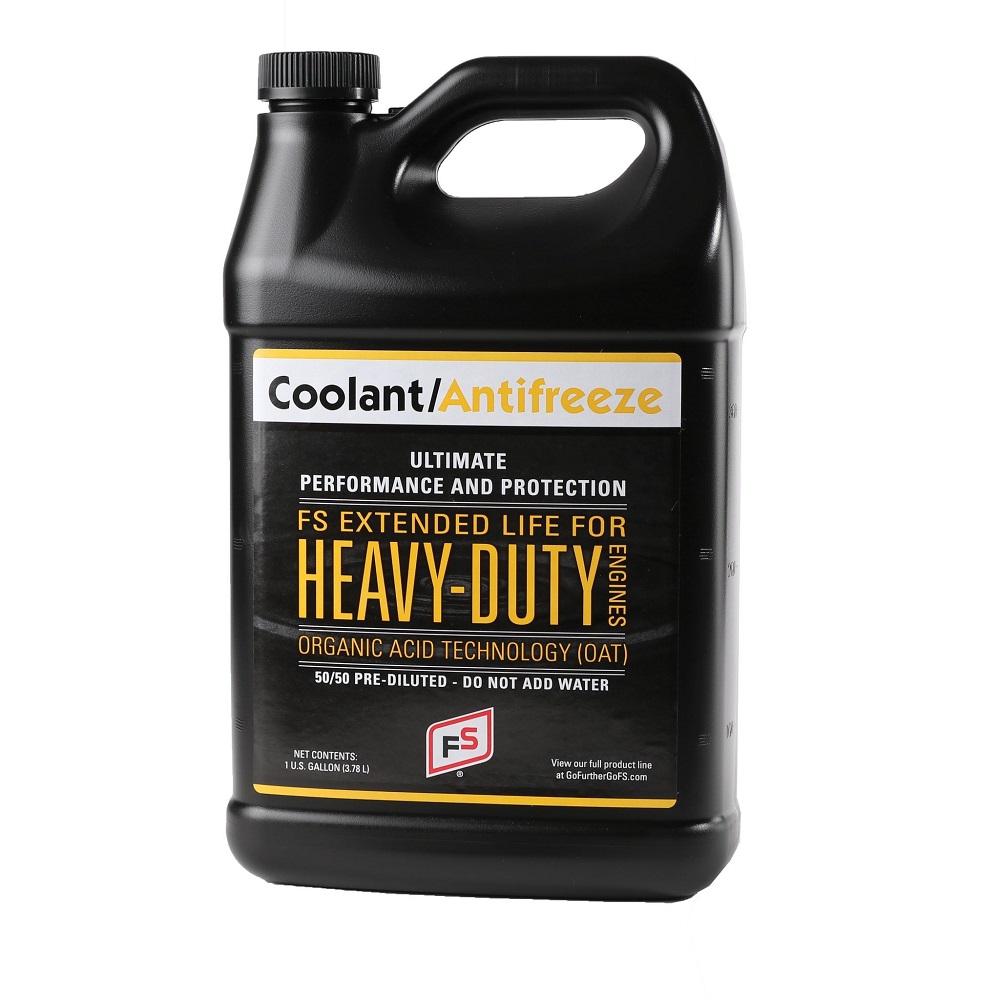
Signs You Need to Replace Your Coolant
Maintaining healthy anti freeze coolant is essential for your engine’s performance. Over time, the coolant loses its effectiveness, which can lead to engine issues. Be aware of these signs that indicate it’s time to replace your coolant.
Common indications of coolant failure
- Discolored coolant: Fresh coolant has vibrant colors like green, orange, or red. Overused coolant often turns rusty or brownish. This indicates contamination or chemical breakdown.
- Frequent engine overheating: If your engine overheats often, it could be due to ineffective coolant. Low levels or degraded coolant fail to regulate temperature effectively.
- Coolant leaks: Puddles under your car, especially green, orange, or pink liquid, indicate a coolant leak. This may happen due to cracked hoses or worn seals.
- Sweet smell near your vehicle: A strong, sweet smell from your engine bay often signals a coolant leak. Glycol in anti freeze coolant has a distinctive odor.
- Check engine light: The check engine light could alert you to temperature irregularities. Low or old coolant may be the culprit.
Effects of using degraded or improper coolant
- Corrosion of engine parts: Degraded coolant loses its anti-corrosion properties. This can cause rust and damage to metal components, like the radiator.
- Reduced cooling efficiency: Ineffective coolant cannot transfer heat efficiently. This leads to engine overheating and performance issues.
- Clogged cooling system: Old coolant can cause sediment or debris buildup. This clogs passages, further impeding the cooling process.
- Higher repair costs: Ignoring coolant issues can lead to costly engine repairs or damage to other vehicle parts.
- Decreased engine lifespan: Consistent overheating or corrosion can significantly shorten your engine’s lifespan.
Regularly inspect your anti freeze coolant to avoid these problems. Replace it as recommended by your vehicle’s manufacturer to ensure optimal performance and durability for your engine.
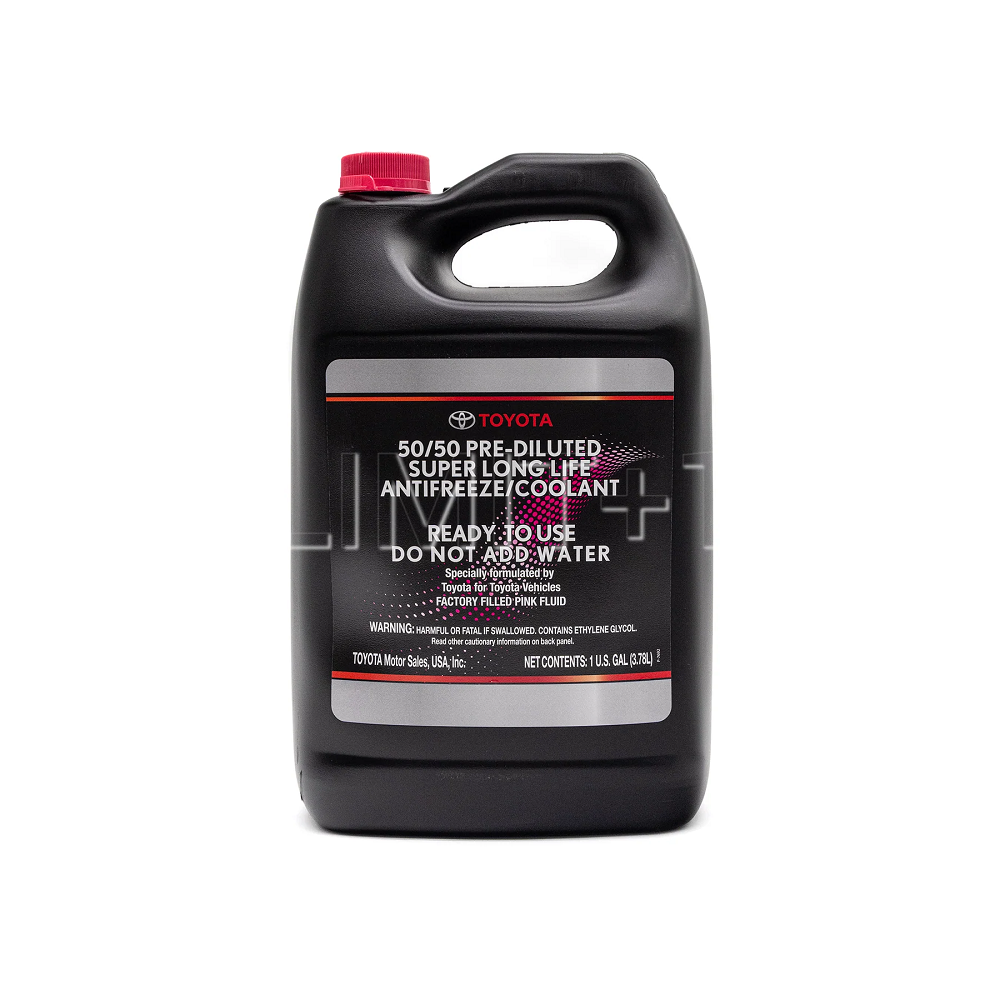
Choosing the Right Anti Freeze Coolant for Your Vehicle
Choosing the right anti freeze coolant is crucial for your vehicle’s performance and longevity. Different vehicles require specific types of coolant to function optimally. Here are key considerations:
Compatibility with different engine types
- Consult your vehicle manual: Always check your vehicle’s manual for the recommended coolant type.
- Engine material matters: Some engines use specific metals like aluminum, which require precise coolant formulations.
- Prevent excessive wear: Using incompatible coolant can damage engine parts and decrease performance.
- Follow manufacturer guidelines: Stick to the manufacturer’s advice to preserve warranty and ensure engine health.
Types of antifreeze (ethylene glycol vs. propylene glycol)
- Ethylene glycol-based coolant:
- Widely used due to its effective cooling properties.
- Highly efficient for both heat transfer and freeze protection.
- Toxic if ingested, requiring proper handling and disposal.
- Propylene glycol-based coolant:
- Less toxic and eco-friendly alternative to ethylene glycol.
- Suitable for environmental or safety considerations.
- Slightly less effective at heat and freeze protection.
- Extended-life coolants:
- These last longer and provide additional anti-corrosion properties.
- Ideal for reducing the need for frequent coolant replacements.
Remember, using the right anti freeze coolant is essential for your engine. It ensures effective temperature regulation, corrosion prevention, and long-term protection for engine components. Always select a coolant that matches your vehicle’s needs, environment, and engine type.
Steps to Check and Refill Your Coolant
Regularly checking and refilling your anti freeze coolant is vital for engine health. Proper coolant maintenance ensures optimal performance and prevents potential engine damage. Follow these steps to safely and effectively manage your coolant levels.
Step-by-step guide to checking coolant levels
- Park your car on a flat surface: Ensure your car is cool and turned off before starting.
- Locate the coolant reservoir: The translucent plastic container is near the radiator.
- Check the coolant level markings: Look for “MIN” and “MAX” level indicators on the reservoir.
- Inspect the fluid: Fresh coolant is usually green, orange, or red. Avoid using discolored or rusty coolant.
- Check for leaks: Look for puddles or drips under your car as a sign of leaks.
- Examine for debris: Ensure the coolant is free from particles or sediments, as these can harm the engine.
- Do not open a hot radiator cap: Wait until the engine cools completely before opening the cap; this prevents burns.
By routinely checking these points, you can detect issues early and maintain your engine’s performance.
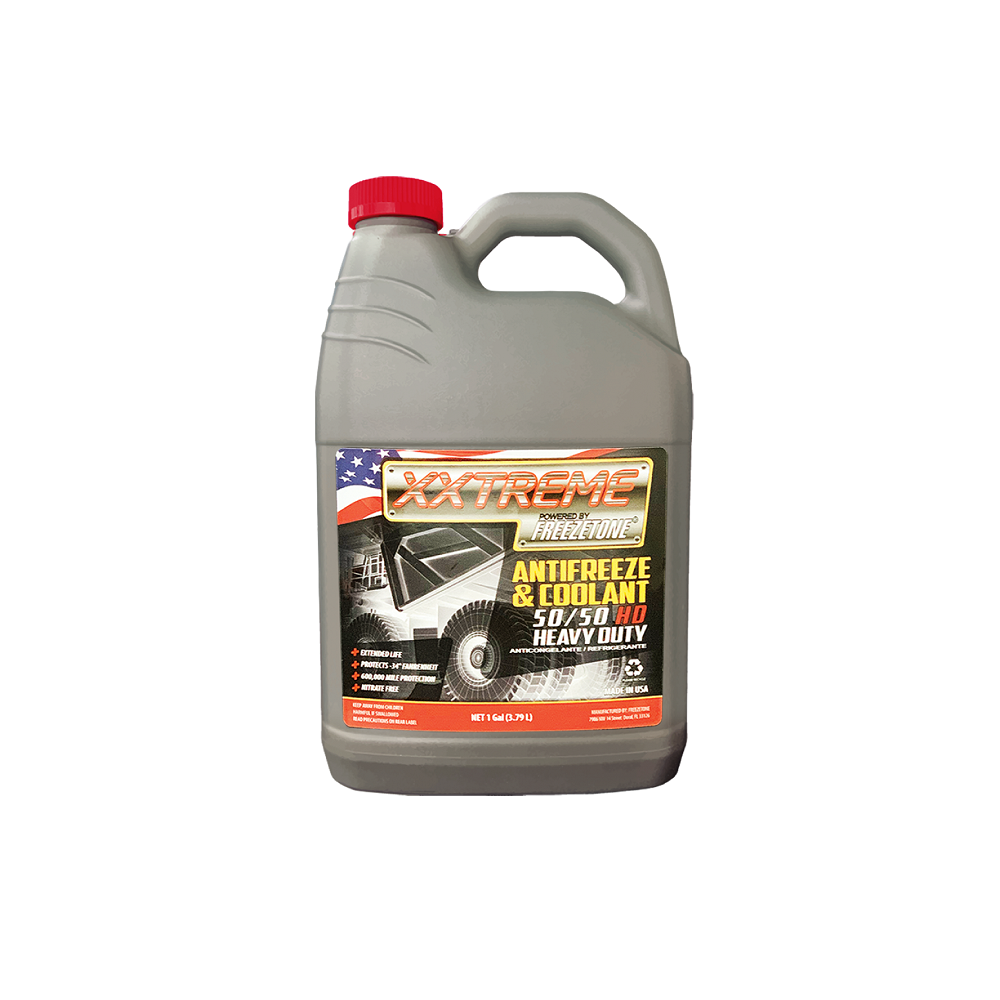
Proper techniques for coolant refilling and maintenance
- Prepare the appropriate coolant: Choose the correct anti freeze coolant for your vehicle. Consult your car’s manual.
- Dilute concentrated coolant if needed: Mix with distilled water. A 50/50 mix is common, but check the manufacturer’s guidelines.
- Wear protective gear: Use gloves and safety glasses to avoid exposure to the coolant.
- Open the reservoir cap carefully: Ensure the engine is cool to prevent injury from hot coolant or steam.
- Pour coolant slowly: Use a funnel for accuracy and fill to the “MAX” line on the reservoir.
- Burp the system if necessary: Start the engine and let it run briefly with the cap off to release trapped air.
- Check the level again: Once the engine cools, recheck the coolant level and top up if needed.
- Close the cap securely: Ensure the cap is tightened properly to prevent leaks.
- Dispose of old coolant safely: Follow local regulations and avoid pouring it down the drain.
By performing regular checks and refilling your anti freeze coolant properly, you ensure steady engine operation. This simple maintenance step can save time and money by preventing engine damage and extending vehicle lifespan.
Frequently Asked Questions About Anti Freeze Coolant
How often should coolant be replaced?
Changing anti freeze coolant regularly ensures long-lasting engine performance. Manufacturers recommend replacement intervals. Typically, you should replace coolant every 30,000 miles. However, extended-life coolants can last up to 100,000 miles. Always refer to your vehicle’s manual for exact recommendations.
Environmental conditions can affect replacement schedules. Driving in extreme temperatures might require more frequent changes. Inspect your coolant regularly for discoloration or sediment buildup. These signs may indicate the need for earlier replacement.
Neglecting coolant replacement can lead to reduced cooling efficiency. Old coolant can lose its ability to prevent overheating or freezing. It may also lead to corrosion of engine parts or create clogs in the cooling system.
Can you mix different types of coolant?
Mixing different types of coolant is not advised. Coolants are formulated with specific chemical properties. Combining incompatible coolants can lead to chemical reactions or reduced effectiveness.
Using ethylene glycol-based coolant with propylene glycol-based coolant can create issues. The mixture could impair heat transfer and fail to protect engine components. Always use the same type specified for your vehicle, as mentioned in its manual.
Adding concentrated coolant when using pre-mixed coolant can also be problematic. Overconcentration may alter freezing and boiling points, causing engine performance issues.
To ensure compatibility, always check product labels. Mixing different coolant types may void warranties or harm the cooling system. When uncertain, drain old coolant and flush the system before adding a new type.
By understanding these frequently asked questions, you can maintain your anti freeze coolant properly. Regular replacement and avoiding incompatible mixes ensure optimal engine health and vehicle performance.
Ensuring Engine Safety with Anti-Freeze Coolant
The Crucial Role of Anti-Freeze Coolant
In conclusion, anti freeze coolant is essential for maintaining engine safety and performance. Its ability to regulate temperature, prevent freezing, and protect against corrosion makes it a critical component of a vehicle’s cooling system. Understanding the role and importance of coolant empowers car owners to make informed decisions that contribute to their vehicle’s longevity.
Making Informed Choices
Choosing the right anti freeze coolant requires careful consideration of various factors, such as manufacturer recommendations, climatic conditions, and vehicle type. By taking time to research appropriate options, car owners can ensure that they select the best coolant suited for their needs. Regular maintenance and monitoring will help prevent issues and maintain engine health, ensuring a smoother and safer driving experience.
Embracing Responsible Practices
Lastly, embracing responsible coolant practices benefits not only your vehicle but also the environment. By selecting environmentally friendly products and disposing of used coolant properly, you can contribute to a cleaner planet. As a responsible car owner, understanding the significance of anti freeze coolant and its environmental implications can lead to better choices. Keep your car running smoothly and safely, while promoting sustainability for future generations.
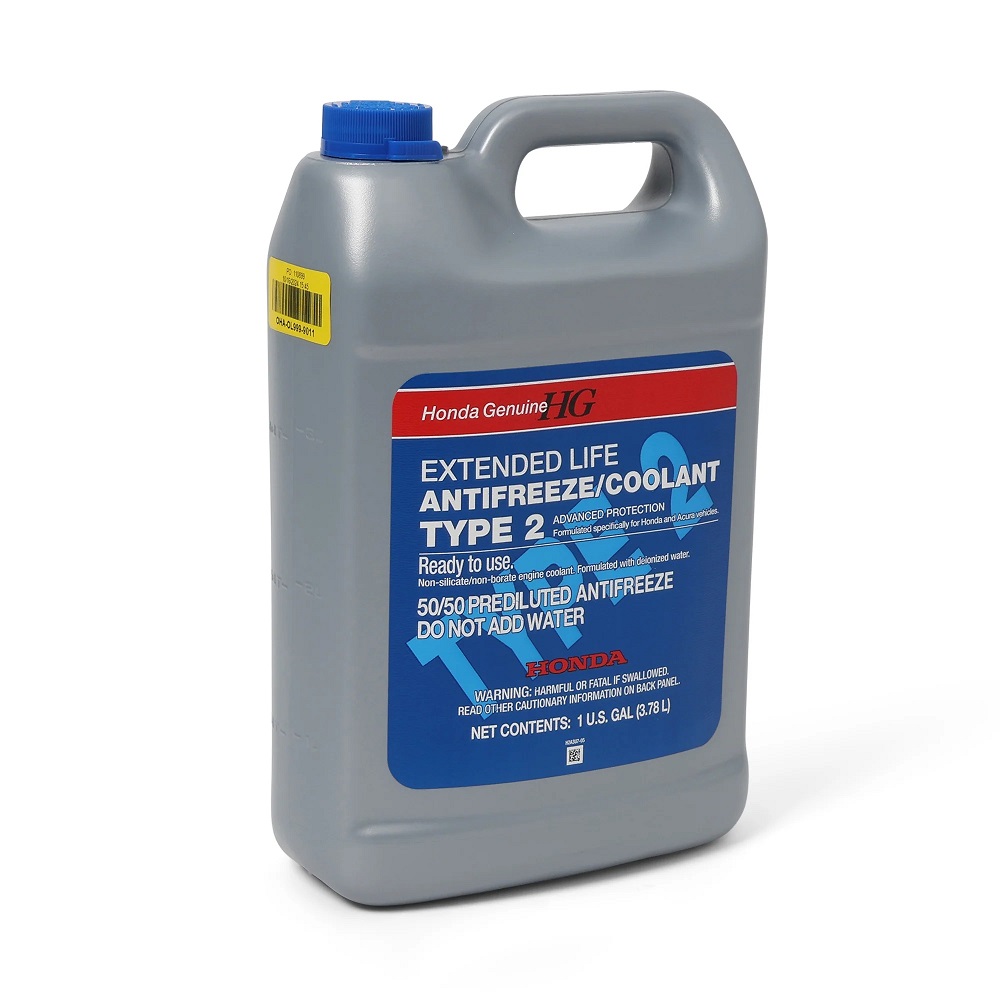
Leave a Reply